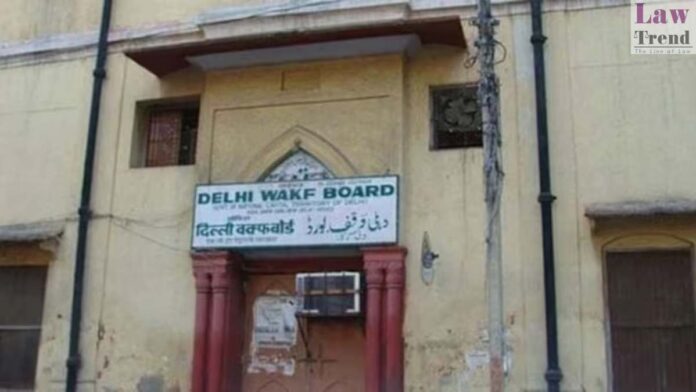The Central government introduced the Waqf (Amendment) Bill in Parliament, sparking widespread discussions among Muslim organizations and opposition groups. This bill represents the government’s first significant legislative push in this term to reform the management of waqf properties via a centralised registration portal.
The bill, officially introduced on Thursday, proposes to rename the existing Waqf Act of 1995 to the Unified Waqf Management, Empowerment, Efficiency, and Development Act. This change reflects the government’s ambition to enhance the oversight and streamline the administration of waqf properties across the country.
Understanding Waqf
Waqf refers to properties dedicated exclusively for religious or charitable purposes under Islamic law. These properties are irrevocable once designated as waqf. In India, waqf boards are the third-largest landowners, managing over 9 lakh acres valued at approximately Rs 1.2 lakh crore, trailing only the Railways and the Defence Ministry in terms of land ownership.
Key Features of the Waqf (Amendment) Bill
1. Central and State Waqf Councils
The bill advocates for the establishment of a Central Waqf Council alongside state Waqf Boards to improve governance. A notable inclusion is the representation of Muslim women and non-Muslims on these boards, with a mandate to appoint at least two women to both state and central councils.
2. Role of District Collectors
One of the bill’s most debated proposals is the designation of District Collectors as the primary authority to determine the status of waqf properties, shifting this responsibility from the Waqf Tribunal. Critics argue this could lead to potential misuse of power and the wrongful acquisition of valuable lands.
3. Board of Auqaf for Minority Groups
The legislation also calls for the creation of a separate Board of Auqaf for the Boharas and Aghakhanis, ensuring that Shias, Sunnis, Bohras, and Aghakhanis are represented in waqf boards.
4. Central Government Audits
The bill empowers the central government to conduct audits of waqf properties. These audits will be carried out by auditors appointed by the Comptroller and Auditor General of India, aiming to promote transparency and accountability.
Also Read
5. Mandatory Waqfnama
Enhancing the current law, which allows for oral agreements, the bill requires a waqfnama, or an official deed, as a declaration for dedicating a property as waqf, thus formalizing the process and preventing disputes.




